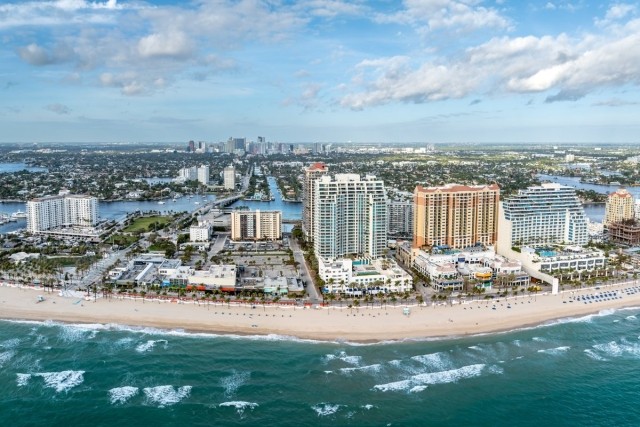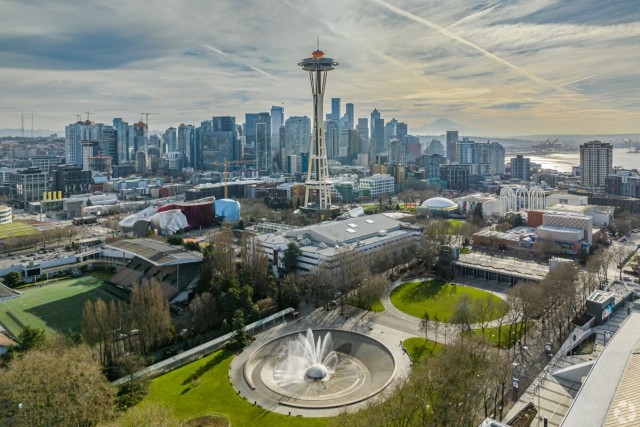Congratulations on your new apartment!
While it's exciting, trying to determine how you'll pay rent, utilities, all of your other bills, and still have enough money left over for the occasional treat or night out can be overwhelming. Everyone struggles with budgeting occasionally, but we have some tips and tricks on how to budget for your apartment and still have enough left over for things you enjoy.
How much of your income should be spent on rent?
While there are a variety of ways to approach this, let's focus on two methods for determining the amount of income you should spend on rent. The most common advice is to spend no more than 30 percent of your after-tax income on rent. It’s a great rule to follow, and since your after-tax income is your paycheck, you’ll have a clearer understanding of how much you can allocate to rent.
Budgeting for a new apartment can be accomplished with the 50/30/20 rule. This finance technique divides your after-tax income into three spendable areas: necessities (needs), fun stuff (wants), and savings (pretty self-explanatory). Your necessities are things you need money for, such as rent and groceries. This area is where you’ll calculate the amount you should spend on rent using the 30 percent rule. The “fun stuff” will include items like movie tickets and vacations, whereas your savings is just that...savings. How this works is that you’ll take 50 percent of your after-tax income and move it into your necessities fund, 30 percent into your fun-stuff fund, and 20 percent into your savings fund. Simple as that.
What move-in fees will I be required to pay?
When you’ve found an apartment you love, you’ll start the rental application process. This is where you’ll fill out an apartment application, which will likely have an associated application and administration fee. These fees typically cover the background and credit check that many property managers have to pull to verify potential new tenants.
Once you’ve been accepted, you’ll also have to put down money for a security deposit, pay for movers, and pay utility fees if you’re a first-time renter or moving out of state. First and last month’s rent, as well as pro-rated rent, may apply.
Why do I need renters' insurance before I can move in?
You’ll come to find that most apartment communities require their tenants to have renters insurance. Having this policy protects your stuff and yourself in case of the unthinkable: theft, damage, or injury. Fortunately, it’s not hard to get renters insurance – plus, it’s pretty affordable! The average policy includes a $30,000 property coverage and $100,000 liability coverage for $12 a month, according to the Independent Agents and Brokers of America.
A policy will help replace the belongings that are damaged or stolen, and can help pay out a claim of a guest that injured themselves at your apartment; for example, tripping over an area rug in your living room. There are a lot of myths regarding renters insurance, including that the apartment community’s coverage will cover tenants’ items. Not true! Apartment communities have insurance, but it’s only to protect damage sustained to the building.
What are some hidden fees I should be aware of?
Ouch, the hidden fees. When you’re speaking with property managers and landlords, make sure you ask about additional fees. The cost of rent is a big one, sure, but all the extra costs can really add up, placing your dream apartment outside of your budget. Below are some examples of hidden fees:
- Valet Trash. A great amenity with an associated cost. Valet waste companies can cost a renter between $25 and $35 a month.
- Parking. City apartments may charge for parking due to lack of space. Renters could pay a monthly fee, or per parking spot needed to park their vehicles.
- Laundry Service. This service is popular in big cities like New York. A service comes to your apartment to pick up your dirty laundry, and brings it back to you all clean. Nice perk, but you may have to pay for it.
- Laundry Centers. You may need to use cash or a credit card to start the washers and dryers.
Be sure to ask your property manager or landlord about any additional fees before you sign the lease and move in. Speaking of the lease, review it carefully before signing to make sure you understand things like late fees, fees for ending the lease early, pet fees, and any other fees or charges you might encounter in the future. This way you can leave enough room in your budget for the unexpected. With careful planning, you can create a budget that will make life in your apartment enjoyable and worry-free.






